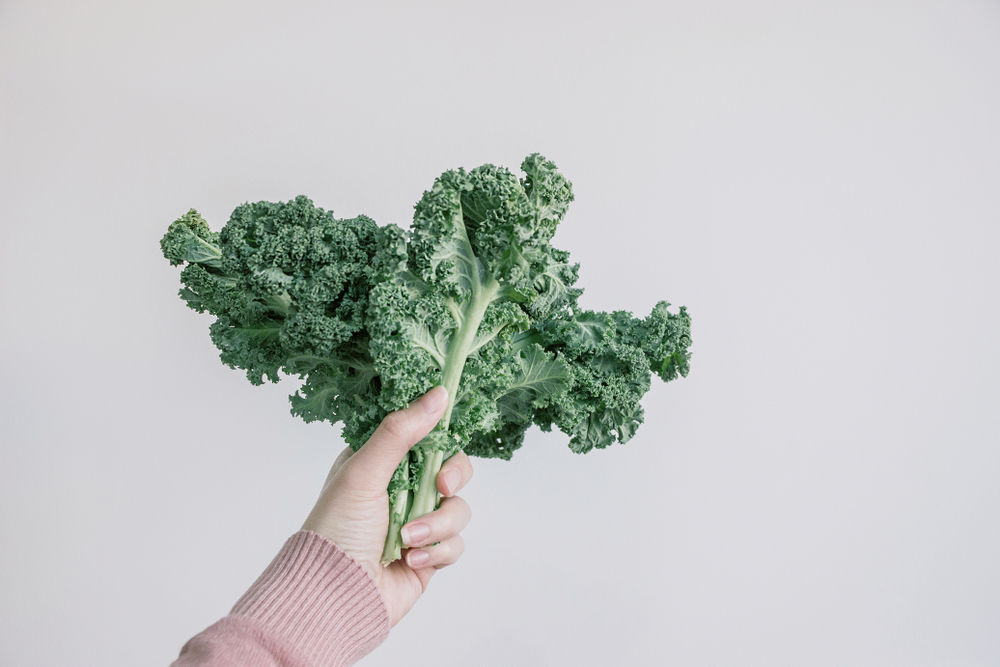Introverts thrive when they’re not overstimulated, and they recharge when they’re alone. Their natural habitat is quiet places where they can retreat and engage in solitary activities. So, in a way, winter might seem like an introvert’s ideal season. However, the lack of sunshine and chilly weather can challenge even the most solitary of introverts. Not to mention, the covid-19 restrictions can take a toll, too. Here’s one tip that can help you (or your introverted friend) until Spring arrives.
In our first post, “Are you eating the right foods to support your cycle?”, we discussed your body’s dietary needs during the first two phases of your menstrual cycle. Before we move on to the last two phases, let’s briefly recap the four stages:
- Menstruation: This phase marks the beginning of your cycle and it’s when you have your period.
- The follicular phase: Here, your ovarian follicles start to mature your eggs, one of which will eventually make its way into the uterus during ovulation.
- Ovulation: The shortest phase in your cycle, ovulation lasts from 12 to 24 hours. In ovulation, one egg makes it’s way from the ovarian follicle into your uterus.
- The luteal phase: The final stage of your cycle sees a shift in hormones, which can lead to mood swings and PMS symptoms.
In our first installment, we discussed top food choices for menstruation and the follicular phase. Now, let’s explore the best foods to support your body’s ovulation and luteal phase.



